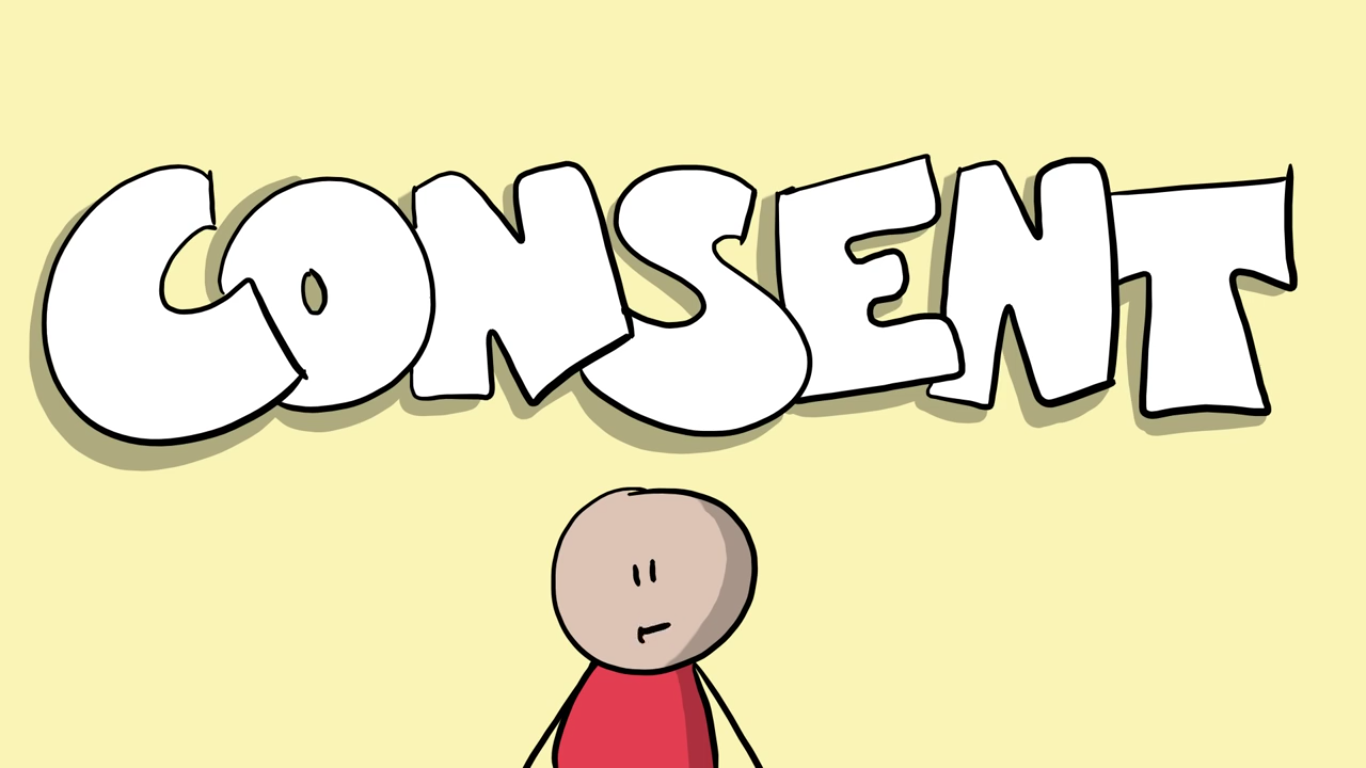"Beyond Yes and No: Exploring the depths of Consent as an Aspect for Respect and Autonomy"

In the world of relationships, interactions, and human rights, consent stands as a fundamental pillar of respect and empowerment. It's a concept that goes beyond simple agreement; it expresses the principles of autonomy, choice, and mutual understanding. In this piece of writing, we'll try to understand what consent truly means, its significance in various contexts, and why it's essential for fostering healthy and respectful relationships, diving into its depth.
Consent, in general, means that an individual voluntarily and willfully agrees in response to another individual’s proposition. The individual who consents is expected to have significantly sufficient mental capacity. At its core, consent refers to the voluntary agreement to engage in a specific activity or behavior. This agreement must be made freely, without coercion or manipulation, and with a clear understanding of what is being agreed upon. Consent is not just about saying "yes" or "no"; it's about actively and enthusiastically participating in a way that feels comfortable and safe for all involved parties. It is also an essential constitute of a contract and defense to an unlawful act. However, consent is generally not a defense to criminal charges, with the possible exceptions of rape and sexual assault.
Understanding consent also requires contextualizing it in various domains that includes but not limited to:
Sexual Consent
In intimate relationships, sexual consent is of utmost importance. It means that all the individuals involved willingly agree to engage in sexual activities. Consent must be continuous and can be repealed at any time. It's crucial to understand that consent cannot be assumed or implied; it must be explicitly communicated and respected as well.
Medical Consent
In healthcare settings, medical consent is essential. It involves the patient's informed agreement to receive medical treatment, and therapies, undergo procedures, or participate in any kind of research. Healthcare providers must provide clear information and ensure that the patients fully understand their options, risks, and benefits before obtaining their consent and intervening.
Consent in Everyday Interactions (at work and education):
Consent extends beyond intimate and medical contexts. It applies to everyday interactions such as borrowing items, sharing personal information, or taking photographs. Respecting boundaries and seeking permission before acting are key principles of consent in these situations. Besides that, respecting boundaries, avoiding unwanted behavior, and fostering a culture of respect and consensus in professional and educational settings is also as important as consent in any other domain.
Despite asking for consent beforehand, a few times, expressing what felt bad and what is not further tolerated can also contribute to promoting respect, acceptance, and consent.
Talking about the importance consent holds, it acknowledges and respects individuals’ autonomy and right to make informed decisions about own bodies and lives. Consent prevents harmful and dishonest acts by easing clear communication and understanding boundaries and ultimately preventing harm, misunderstandings, and violations of rights. Moreover, giving and receiving consent empowers individuals, fosters healthy relationships, and promotes a culture of harmony and respect. Likewise, the importance mentioned, many legal and ethical frameworks also mandate obtaining consent in various situations, highlighting its importance in upholding human rights and professional standards.
While talking about consent, we can never overshadow the misconceptions about consent that exist in the settings surrounding us. Few of the most heard misconceptions about consents are:
“Silence Equals Consent” while the fact is silence does not imply consent, ever. Lack of a clear "no" does not equal a "yes." Consent requires active and affirmative agreement, and it cannot be assumed based on the silence of an individual.
“Consent Once is Enough” is a very common misconception people hold about consent. Consent is not a one-time event; it's ongoing and can be withdrawn at any point. Continuous communication and checking for consent are crucial in fostering healthy relationships.
“Intoxication Invalidates Consent” Consent given under the influence of drugs or alcohol is not valid, as individuals may not be capable of making informed decisions in such states and as mentioned the one who consents should have sufficient mental capacity while providing consent.
It is very important to foster the culture of respect and consent. Providing comprehensive education about consent in schools, workplaces, and communities can significantly contribute to upholding the culture of respect towards each other. Encouraging open and clear communication about boundaries, desires, and expectations also contributes to encouraging healthy and respectful relationships, workplace, and communities. Prioritizing to respect others’ boundaries and seeking consent in all interactions can avoid many complexities within individuals. To foster and nurture the culture of respect, empowerment, autonomy, and harmony, we should understand and support the initiative and policies that promote consent, autonomy, and empowerment in any condition.
Understanding consent is not just a matter of compliance; it's about promoting respect, support, and healthy relationships. By embracing the principles of consent in all aspects of life, we contribute to creating a more inclusive, respectful, and empowered society where every individual's autonomy and rights are protected, valued, and upheld.
Reference
https://www.law.cornell.edu/wex/consent#:~:text=Consent%20means%20that%20a%20person,a%20defense%20to%20a%20tort.
